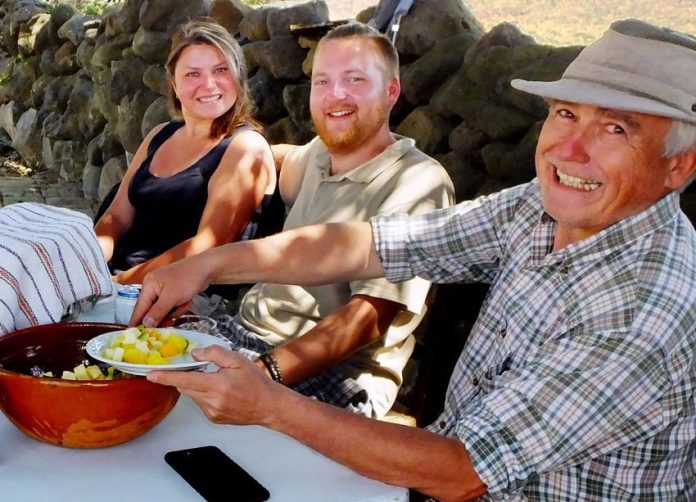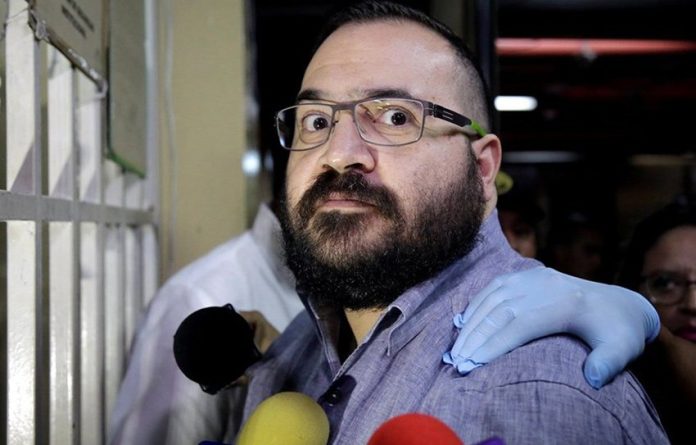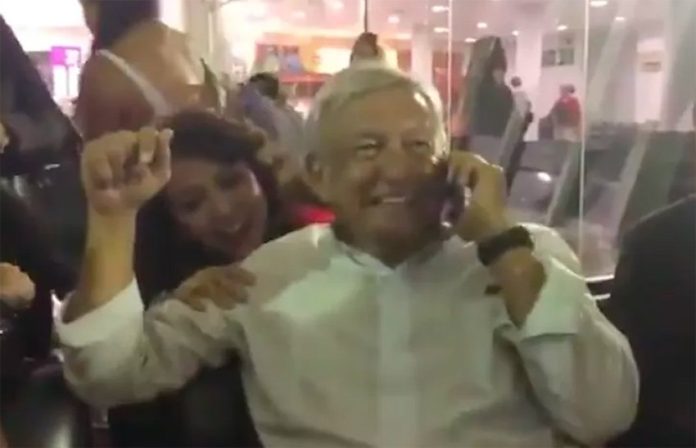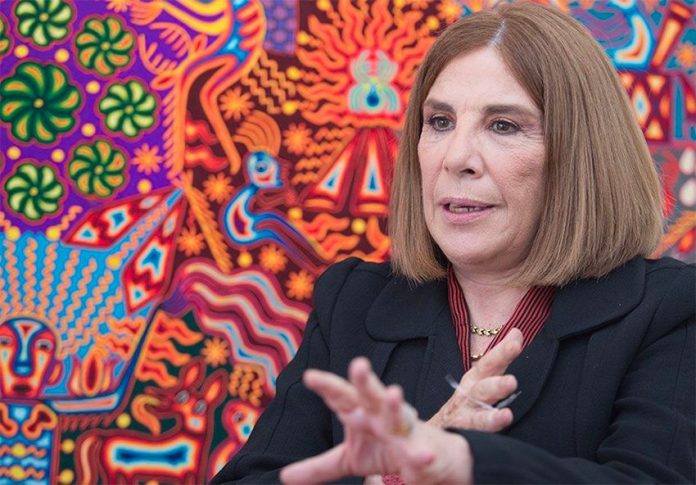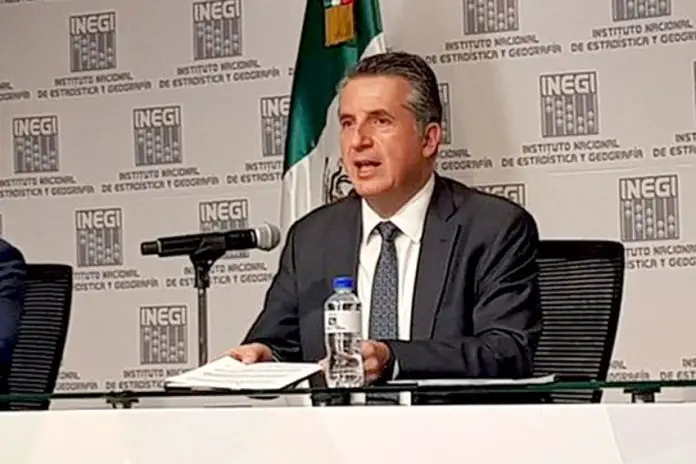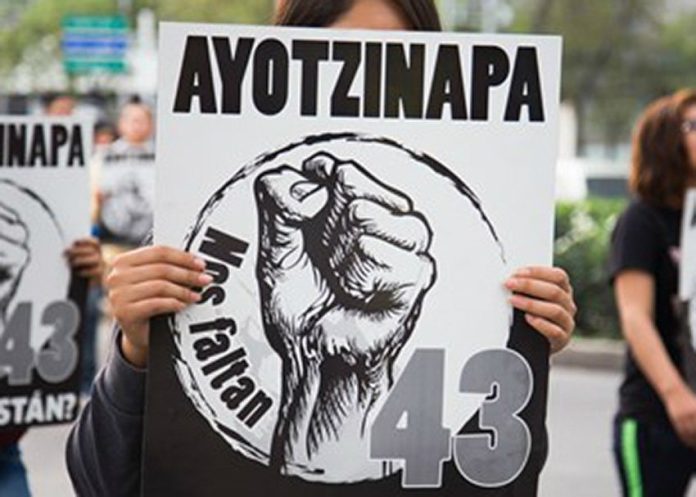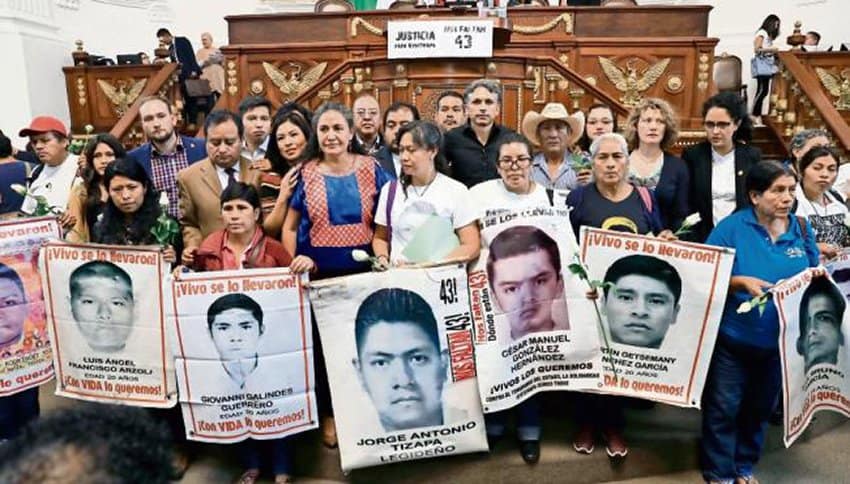“I have four volunteers from a program called Workaway living at my rancho,” my friend Salvador told me. “They’ve come from all over Europe. Why don’t you drop by and talk to them?”
I checked out Workaway on the web and found it’s an organization that was started in 2002 by a young man who thought that exchanging a few hours of work for accommodations and food could open new horizons for youth — or retirees, for that matter — yearning for an in-depth experience abroad. The website simply matches up volunteers and hosts, Uber-style.
I decided a good way to meet Salvador’s volunteer guests and learn about their program would be to camp out at his place, which is called Rancho El Mexicano, located on a high plateau overlooking Guadalajara.
Although it is only eight kilometers north of the city, getting there requires taking a 62-kilometer circuitous route to cross the humongous Santiago River Canyon. After a two-hour drive, country roads brought me to Salvador Mayorga’s adobe ranch house where I enjoyed cool drinks while chatting with two of his work-exchange volunteers, Ludivine Delesque and Adenäis Milizia, two French girls.
Ludivine told me her first Workaway experience had been in Ireland. “I loved it,” she said. “I loved getting to know new people from around the world. In Ireland, I worked at a youth hostel. I helped take care of the dormitory and bathroom in the morning and in the afternoon I took care of the reception desk. Now this hostel is located in a national park so we volunteers had time to go exploring every inch of the place. It was awesome!”
After spending two months in Ireland, Ludevine went to work in the United States as an au pair with her friend Adenäis. From the U.S. the girls wanted to travel to Mexico.
Says Ludevine, “We particularly decided on Guadalajara because everybody is talking about this city on the internet. So we had planned to stay in Guadalajara for four months, but then we spotted Salvador’s Workaway page, which talked about a ranch in the middle of nowhere with no electricity, no internet, with solar panels . . . and we found all that very attractive, so we wrote to him and he answered us almost instantly.”
“What kind of work are you two doing here?” I asked Adenäis Milizia.
“In the morning, we feed the horses and dogs and sometimes we go to the lemon orchard either to pick lemons or to gather branches that have been pruned. Or we water and weed the plants in the spice garden. These are pleasant jobs and meanwhile we are learning a lot of Spanish, interacting with Pablo, the ranch foreman. Both of us think Workaway is a great way to learn new things, improve our Spanish and meet lots of new people. And what they said about Guadalajara is true: we really like it!”
Next I turned to the owner of the ranch, Salvador Mayorga. For over a decade he was director of the huge Bosque la Primavera forest west of Guadalajara.
Said Mayorga, “I first heard about Workaway a year ago from my friend, Eduardo Castañeda. Together we uploaded my information to the website. We described the rancho here and its remote location and made it clear that we have no electricity. Well, would you believe it, in less than two years we’ve had over 80 volunteers come to stay here and they have really transformed my rancho!
“We’re in a lonely place but with a smartphone and Google Maps it’s easy to reach us and to communicate so, thanks to new technology, this kind of interaction works smoothly. For example, an Englishman named Andrew arrived here a while ago from Oaxaca on a little delivery-style motorbike with a 150-cc engine and after three weeks he continued on his way to Baja California. De veras, I wouldn’t be surprised to see the next volunteer arriving by hang glider!”
Rancher Mayorga says he’s so impressed by the mobility of the millennials that he himself plans to sign up on Workaway as a volunteer so he can go touring France on a motorbike to visit some of the people who stayed with him in Mexico.
“They came here not only from France, but from Argentina, Canada, Italy, Germany, Scotland . . . so many places! Some are open to everything, take notes and learn a lot, while others do the work assigned and then withdraw and follow their own program of yoga or whatever, but I think everybody gets a lot from this. One proof is that many of them come back just to visit, and many keep in contact via Facebook or Instagram. They ask how the trees they planted are doing. Those trees are like their children!”
Curious to know what experiences other work-exchange volunteers have had in other parts of Mexico, I visited Workaway’s web page, which features lots of feedback from both the hosts and the volunteers.
Kyung taught Korean at a school in Toluca and says “I swear this is one of the best places in the world! I just spent two weeks here. I should have stayed for more than one month.”
Kyela volunteered at an organic farm in Lo de Marcos:
“My hosts are really wonderful people. As their first Workawayer I was so humbled to get to know them! My time here was amazing, working in the mountains on weekday mornings, coming back to a delicious home-cooked meal, and having every afternoon to spend on the beach (and barely anyone there!)”
Helping out on an ecofarm in the Sierra de Amula, Dominic comments: “While working we would cover the whole spectrum of conversation topics, from the simplest and sometimes stupid plays on words to politics and societal issues. Be it with our hands buried in mud or at a candlelight dinner (one of the perks of not having electricity!), we would have a great time practicing Spanish, planning future projects or listening to music. I am very glad I got to contribute a little bit and I will definitely come back to visit.”
After assisting at a hostel in Mazatlán, Workawayer Xuan said, “This hostel is dangerous! Once you stepped into this place, it is really hard to leave. It is not a hostel, it is a home away from home for every traveler. Everything is so cozy, comfortable and clean. I had great time as a housekeeping gal.”
At Workaway, hosts can sign up and describe their locations free of charge. Potential volunteers pay a low yearly fee for access to the contact information of all the hosts. Workaway currently offers over 30,000 site choices in 170 countries.
Other organizations which offer somewhat similar arrangements are Wwoof, Hippohelp, Volunteers Base and HelpX. Never before have so many low-cost choices been available for those bitten by the travel bug.
Ándale, go for it!
The writer has lived near Guadalajara, Jalisco, for more than 30 years and is the author of A Guide to West Mexico’s Guachimontones and Surrounding Area and co-author of Outdoors in Western Mexico. More of his writing can be found on his website.
[soliloquy id="61912"]


